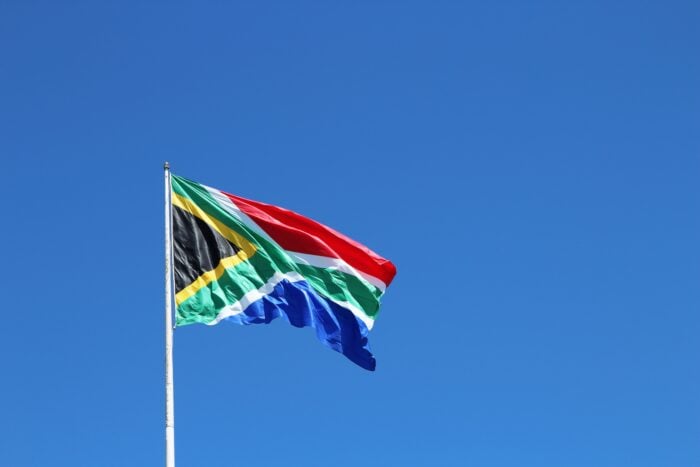Cracking the South African English Dialect: Accent & Vocabulary
We typically think of English speakers as coming from the United States, the United Kingdom, Canada, or Australia. Indeed, the vast majority of the world’s native English speakers hail from those four countries. However, South Africa is also an English-language hub. Some 5 million South Africans speak English natively with a South African accent, and another 11 million speak it as a second language.
South Africa is a diverse country, and this diversity shows linguistically. There are 11 official languages in South Africa (including English), and many more that do not hold official language status. As such, its English dialect is heavily influenced by South Africa’s unique demographic and linguistic climate. Here are some of the most notable features that make South African English so distinctive.
Explore our English courses with qualified native speakers in your city or online!
1. South African Accent: Or the “South Efrican Eccent”
At first glance, the South African accent can appear similar to a British one, which makes sense, as English was introduced to the country by British colonists. This means that, like British English, South African is non-rhotic. In other words, the letter “r” is pronounced:
- when it comes at the beginning of a word, e.g., real.
- if it precedes a vowel, e.g., moral.
- In all other places, it’s pronounced as a neutral vowel (e.g., score, carton).
However, the South African accent has some phonetic features that distinguish it from British English. Most notably, the letter A often sounds like an “eh” sound. Thus, for many South African English speakers, the name of their country, South Africa, would be more like “South Efrica!”
2. South African English Slang: Shame!
Given its geographical and cultural distance from other English-speaking countries, South Africa has come to develop its own class of vocabulary. Particularly in the realm of slang words and phrases. For example, in South Africa, the word “now” doesn’t always mean what you think. If somebody says they’ll do something “just now” or “now now,” it means they’ll do it
- “in a little while”
- or “at some point in the near future.”
Another word with a surprising meaning is “shame.” Used as an interjection, it’s not necessarily a bad thing — in fact, it can mean anything from “how cute!” to “oh no!” to “I feel bad for you”. For example, “Shame!” is an appropriate response to hearing that your friend has won the lottery, seeing a photo of your sister’s newborn, or learning that there was a car accident near your house.
Speaking of cars, one more thing — if a South African talks to you about robots on the road, don’t fear: the word “robot” refers to what the rest of the world calls a “traffic light.”
3. South African English Borrowings: A Linguistic Melting Pot
South Africa — and especially its major cities, such as Cape Town and Johannesburg — is a melting pot for people of different cultures and languages. As such, it’s not common to hear several different languages when walking down the street. Because of this, South African English has been strongly influenced by other languages, and its lexicon is peppered with words and phrases from other South African languages.
The language that has most profoundly affected South African English is Afrikaans. Afrikaans is very similar to Dutch, as Dutch settlers introduced it to South Africa in the nineteenth century. Since that time, the language took a life of its own and is now classified as an entirely separate language from Dutch.
Most people who speak English in South Africa are bilingual in Afrikaans. As a result, many Afrikaans words have snuck their way into South African English. For example, a kloof is a valley, a dorp is a village, and a veld refers to an open field or prairie. In fact, the word apartheid — whose use is now widespread across the globe — comes from the Afrikaans word for “apartness.”
Some indigenous African languages, too, have had an effect on South African English. Most notably, the interjection “ouch!” is “eina!” in South African English. This comes from the Khoi-San people of the Kalahari Desert, whose language bears no relation to English or Afrikaans.
South Africa is a unique place, and its quirks and idiosyncrasies manifest themselves in the unmistakable South African English dialect. Now, you know what a dorp is, as well as it means when somebody says “now now.”
Of course, if you really want to improve your English — whether you’re in South Africa, the United States, England, or anywhere else in the world — the best way to do so is to take tailor-made English classes taught by a trained professional. Contact us to find out more about our course and package options.
This article was originally published on December 8, 2015, and updated on July 12, 2021.
Explore our English courses with qualified native speakers in your city or online!

